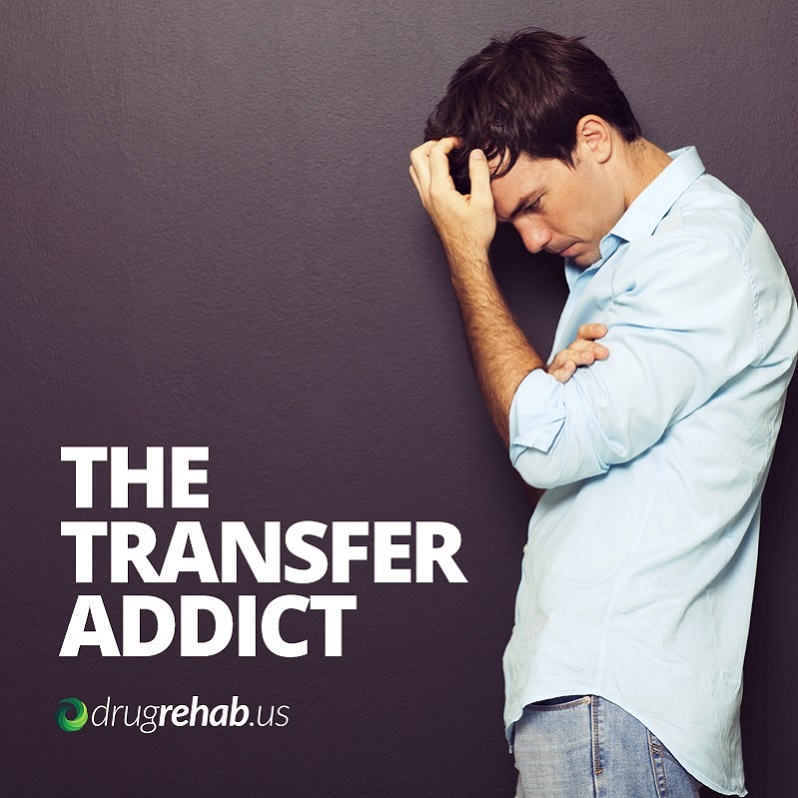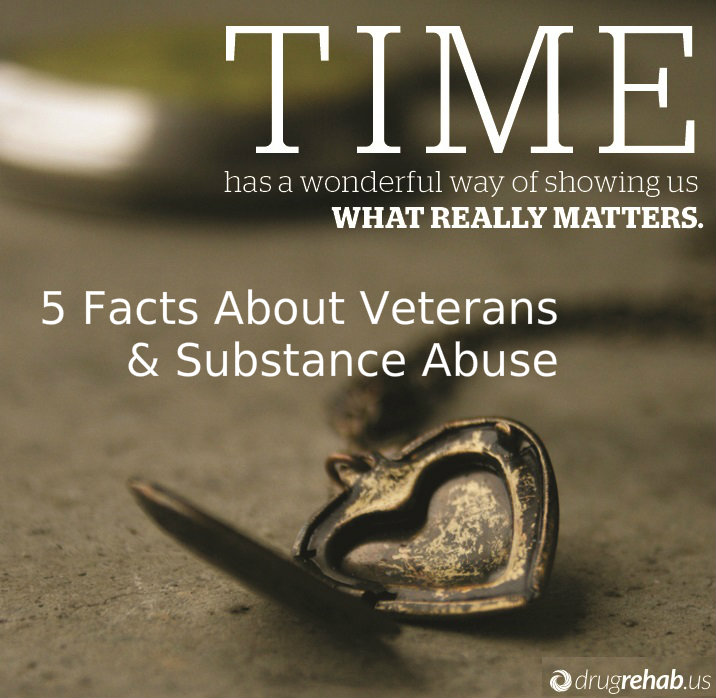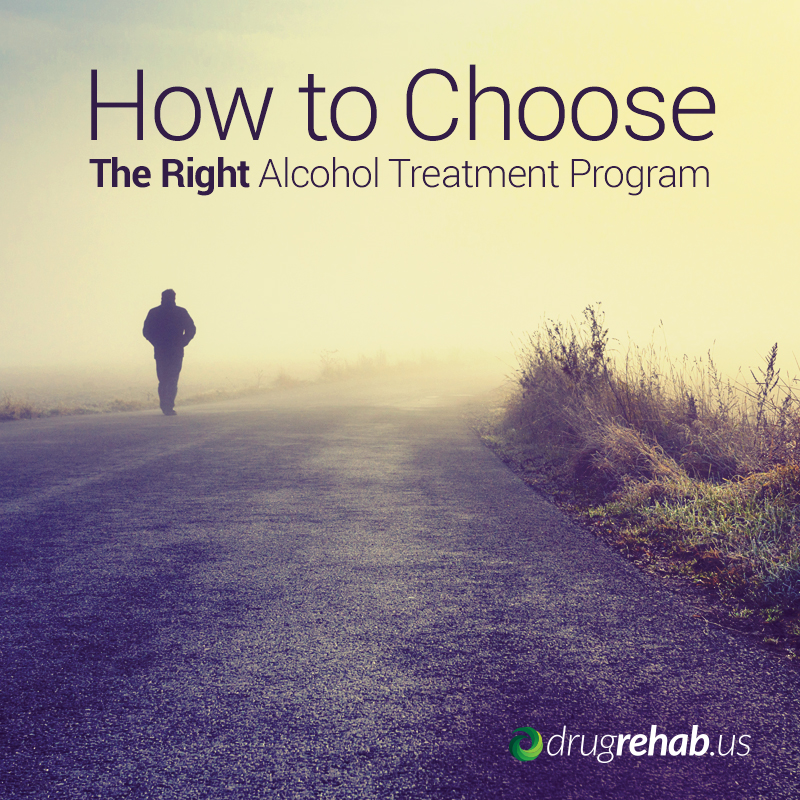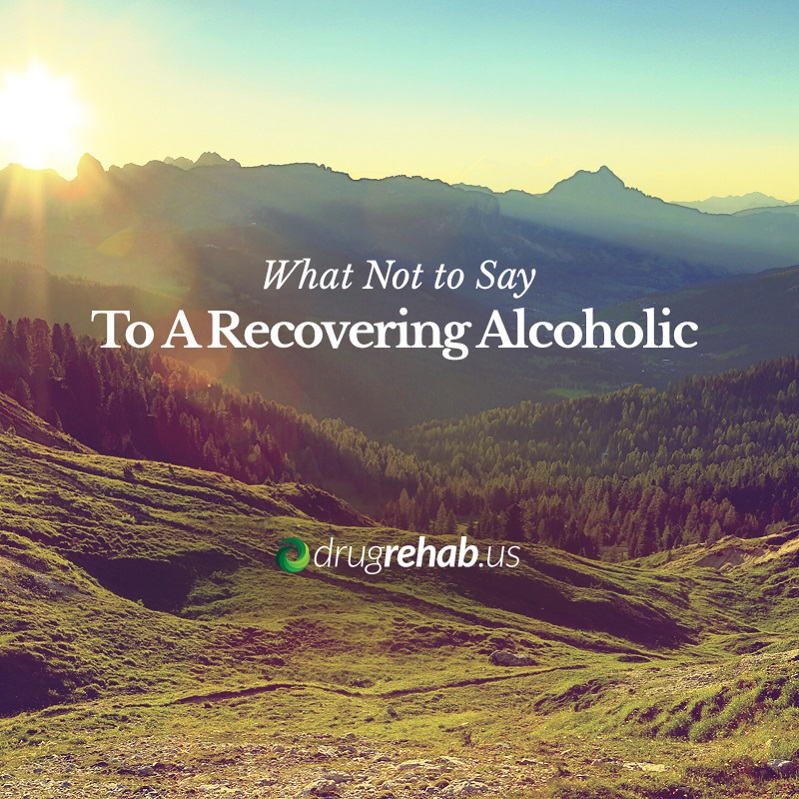Black Wednesday is the night before Thanksgiving and it is also known as the biggest bar night of the year. More than any other day during the winter holidays, this is the night during which many people cut loose and binge drink. The night before Thanksgiving is a night for the young, and it is young people who are most at risk for the consequences of overindulgence.
College students and 20-somethings are coming home for Thanksgiving, and while Thursday is for family, they use Wednesday night as a sort of reunion. Old friends get together to pack the bars and celebrate. If you are planning in taking part in a Black Wednesday event, plan ahead with a strategy of moderate drinking. Going overboard and binge drinking puts you at risk for a number of dangers, including injuries, alcohol poisoning, sexually transmitted diseases and assault.
Tips To Enjoy Black Wednesday Responsibly
Here are some ideas and tips to help you be responsible and to enjoy the night with friends:
 Skip the pre-party/pre-gaming – If you are over 35 and reading this, you may be confused. What’s a pre-party? Yes, young people actually take time to drink before a drinking event. The pre-party is a small gathering, usually at one person’s home, to get lightly buzzed before the main event. This is irresponsible drinking at its worst. Don’t do it. By all means get together with a few close friends ahead of bar time, but have coffee, soda, or mocktails instead of alcohol.
Skip the pre-party/pre-gaming – If you are over 35 and reading this, you may be confused. What’s a pre-party? Yes, young people actually take time to drink before a drinking event. The pre-party is a small gathering, usually at one person’s home, to get lightly buzzed before the main event. This is irresponsible drinking at its worst. Don’t do it. By all means get together with a few close friends ahead of bar time, but have coffee, soda, or mocktails instead of alcohol.
- Eat – Of course you want to look your best for a reunion with old friends, but starving yourself ahead of time is not the way to do it. You need to have food in your stomach or one drink could wipe you out for the night.
- Have a way to get home – To be safe, make sure you know well in advance how you’ll get home. Select a designated driver or plan to take a cab or public transportation home. If you’re going with the latter, make sure you have a friend to come home with you so that you’re not traveling alone.
- Set a limit – Set a limit for how many drinks you will have at the bar or party and be firm about it. A specific goal is important because if you go into the event with the vague goal of not getting too drunk, it will be too easy to go past the point of no return.
- Share your limit – Tell a trusted friend who will be heading out with you that you have a limit and that you want her to help keep you accountable. If your goal is a secret, it’s easy to stretch it further. A friend will help keep you in check. Offer to do the same for her.
- Alternate alcohol with non-alcohol – Whatever your set limit is, have a non-alcoholic drink in between each alcoholic one. This will force you to slow down and prevent you from getting too drunk. Once you have reached your limit, keep a non-alcoholic drink in your hand for the rest of the night. It will help you resist the urge to get another drink.
Always Plan Your Night Of Drinking In Advance
Drinking the night before Thanksgiving can be a fun way to celebrate and catch up with old friends, but it can easily get out of control. If you have a plan set in advance and follow these tips, you can enjoy the night, be safe and have no regrets the next morning.
Planning Ahead Of Time Can Save Your Night…And You Or Your Friend’s Life
24 Nov 2014
The Transfer Addict
There is an often-overlooked type of addict who struggles just as much as any other. She is unlikely to get help. She is unlikely to recognize her own problem or to have her loved ones see it in her. She is the transfer addict and she flies under the radar choosing one addiction, reining it in and gaining control and then moving on to the next one. She fools herself and those around her, but she is a true addict and she needs help.
Substitute Or Transfer Addictions
 Changing from one addictive substance or behavior to another is not uncommon for an addict. But most who engage in this behavior are obvious, at least to those around them if not to themselves.
Changing from one addictive substance or behavior to another is not uncommon for an addict. But most who engage in this behavior are obvious, at least to those around them if not to themselves.
Addicts in recovery are susceptible to developing a substitute addiction because they are trying to replace their compulsive urges with other activities. An addict might, for instance, start running as a healthy distraction from the urges to relapse.
Setting and achieving race goals and getting physically fit is a great way to stay sober, but an addict might turn this into an unhealthy obsession and develop a new addiction to exercise or running.
Another form of the transfer or substitute addiction is when an addict still in the throes of the disease thinks changing to a less serious substance means regaining control.
For instance, a cocaine addict might switch to marijuana use. This is a common way in which an addict transfers his high, but it is simply the substitute of one substance for another and does not represent control over an addiction.
The Low-Flying Transfer Addict
While substitute addictions are not uncommon, there is another type of addict that flies low and under the radar. This addict has one unhealthy obsession, maybe drinking too much, but she is able to get it under control before it becomes a full and serious addiction.
She assures her friends and family that, yes, she probably drinks more than is good for her, but she has it under control. She does this, not by recognizing her obsessive behaviors, but by transferring them to something new.
She stops drinking and starts obsessing over food. She binge eats and starts gaining weight. Before long she is overweight, but decides to rein it in and get it under control. She assures everyone she is well by changing her diet and starting an exercise regime. She loses the weight, but now she is addicted to working out and meeting that next exercise goal.
This transfer addict may never let herself reach the level of full-blown addiction to one substance or behavior, but she displays all the compulsions of an addict. Her compulsive behaviors evolve and change, but she never copes with them. They never go away.
Breaking The Cycle Of Transfer Addiction
If the description of a transfer addict sounds familiar to you, it’s time to break the cycle. Whether it’s you or someone you know, transfer addictions need to stop in order to build a healthy lifestyle.
Addiction of any type has no cure, but it can be managed successfully. Whether this means getting professional help or using self-education and self-control to resist urges, you or your loved one can stop the destructive cycle of transfer addictions.
If you do try to go it alone, be aware that you might fail. If you can’t seem to control your behaviors and urges, don’t get discouraged. It just means that you need the assistance of an experienced professional.
Call Us Now For Help Overcoming Your Substance Or Behavioral Addiction – We Are Here For You!
20 Nov 2014
Should You Force Someone Into Rehab?
If you love someone who is struggling with addiction, all you want to do is help her. In an ideal world you would confront her and she would admit that she has a problem. She would thank you for your offer to help and agree to get treatment. Unfortunately, these scenarios rarely play out so well. Addicts are great at denial, lying and making excuses. If you have reached the end of your rope with a loved one, can you, and should you, force her to go to rehab?
 Can You Force Rehab?
Can You Force Rehab?
The first question to ask is whether it is even possible to force a loved one to get treatment. A person can be ordered by the court to receive treatment, but that requires the addict to be in trouble with the law.
There are several states in which family members can petition the court to have a loved one forced into treatment.
In fact, there are only a dozen or so states that do not allow for this. In some states, even a doctor can force a patient into addiction treatment for up to several days at a time.
Pros And Cons Of Forced Rehab
There are both benefits and negative consequences of involuntary rehab.
Benefits Of Involuntary Rehab
If you live in a state in which you can either petition the court or ask your doctor to mandate treatment for an addicted loved one, your next question should be whether this is the best option.
Perhaps the most important benefit of being able to force someone to get care is that it can save a life. Certain states have passed laws allowing for forced rehab because of tragic deaths. In Kentucky, for instance, Casey’s Law passed after a young man died from a heroin overdose. His mother pushed for the new law because she felt there were too few resources.
Involuntary rehab might also be positive for those addicts who end up benefiting from the treatment. Since Ohio passed its law two years ago allowing families to force relatives into rehab, only one case has been taken. The woman in question actually continued her treatment beyond the court-ordered period.
If other addicts are forced to seek care, they may realize that the treatment is helpful and that they want to continue and get better. Research has found that coerced treatment, at least through the court system, can be effective.
Negative Consequences Of Forced Rehab
For many families, coerced rehab may seem like the only option. You see your loved one unraveling in front of you and feel helpless. She refuses to get help, yet she is on a collision course with disaster.
Are there any downsides to forcing her into rehab if that is an option? Research tells us that intrinsically motivated addicts will be most successful in rehab. If you have to force your loved one to get help, her odds of success are automatically lowered.
The truth is that the best chance of a successful recovery comes from voluntary care with experts who use effective, evidence-based methods for treatment. If you have an addicted loved one, do everything you can to lovingly support her and convince her that she needs help.
Enlist the assistance of a professional interventionist if your efforts fail. Then, find a treatment facility that has an excellent reputation for caring for vulnerable addicts and that uses treatments based on research. These things together will be the best help your loved one can get.
Get The Know How On Finding The Right Treatment Facility For Your Loved One!
It’s important to have difficult discussions with your children. Talking to them about the birds and the bees, heartbreak, peer pressure and other life challenges is necessary because it helps them understand how to make better choices. It also builds a close and trusting relationship between you and them. One of those important conversations should be about substance abuse. If you’re like most parents, you want to tell them to never even try drugs, but what if you used drugs when you were younger? Do you confess? And if so, how do you do it without sounding like a hypocrite?
To Tell Or Not To Tell
 The first thing to consider is whether or not you will disclose your past with drug abuse or addiction. You don’t have to, but know that they could find out another way. Ask yourself how your kids will feel if they learn that you abused drugs from someone else. Age appropriateness is another important consideration.
The first thing to consider is whether or not you will disclose your past with drug abuse or addiction. You don’t have to, but know that they could find out another way. Ask yourself how your kids will feel if they learn that you abused drugs from someone else. Age appropriateness is another important consideration.
Maybe you feel it is important to tell your children. Make sure you wait until your children are at the appropriate age and maturity level to hear about this. No one can tell you if you should or should not tell your kids about your past drug use. The choice is personal and should be made with your children’s best interests in mind.
Tips When Talking To Your Kids About Drug Abuse
If you have made the important choice to talk to your kids about your drug use in the past, there are some things you should keep in mind. Be prepared and be thoughtful. This is not a discussion to rush into or to have without giving it much thought.
Here are some tips to help you make the conversation a successful one:
- Spare the details – Your children don’t need to hear every sordid detail of your past. Be prepared to be honest and to answer their questions thoughtfully and openly, but you don’t have to make it a tell-all. Knowing too much detail will probably only upset your children.
- Talk about negative consequences – As you talk about what you did in your past, put emphasis on the negative consequences. Talk about how drug abuse disrupted your life or about any narrow escapes you had. Remember that the point of this talk is not to share your personal story, so much as to deter your children from trying drugs.
- Listen – This should be a conversation, not a lecture. Once you have explained what you want your kids to know, let them talk and ask questions. Your children always appreciate when you really listen to them. If they don’t have much to say in the moment, ask them questions or encourage them to think about it and come back to you with questions later.
- Remain calm – This conversation is bound to stir up unpleasant memories and feelings. Do your best to keep your emotions in check and to stay calm. Don’t lose your temper, no matter how your children react. And if the discussion takes a bad turn, bring it to a close and return to the topic later, when everyone has cooled down.
Talking to your kids about drug abuse is never easy. If you have a past history of drug use the conversation becomes much more challenging. Remember that the main point of the conversation is to encourage your children to make the right choices and to not use drugs. When parents tell their kids not to use drugs, they listen and are more likely to make those good choices. Have this conversation sooner so that your kids are equipped with the right information to make the best decisions about drugs.
Call Us Now To Speak To Our Professional And Caring Staff!
11 Nov 2014
5 Facts About Veterans And Substance Abuse
Veterans Day is a time to remember and celebrate the people who have made sacrifices to serve in the military. If you have a veteran in your life, you know the toll that service can take. Mental health issues, including substance abuse, are common among men and women who have seen combat overseas. We should all recognize this struggle and be more aware of the issue. With awareness comes understanding, compassion and real change.
Facts About Veterans And Substance Abuse
 1. Prescription Abuse Among Vets On The Rise
1. Prescription Abuse Among Vets On The Rise
Use of illicit drugs by active military personnel is quite low. Compared to civilians, men and women in the military rarely use illegal drugs because of strict policies and enforcement by random drug testing.
On the other hand, prescription drug abuse is a real problem for both active duty military personnel and veterans. The rate of misuse of prescriptions increased from 2 percent in 2002 to 4 percent in 2005 and 11 percent in 2008.
2. Veterans Have A Drinking Problem
Alcohol may be legal, but it is a substance of abuse for many people and veterans are no exception. The Armed Forces Health Surveillance Center says that one in eight troops get streatment for alcohol abuse after returning from overseas deployment. While women are not immune from the problem of drinking, men are the ones who are really struggling. Twenty three percent of male veterans binge drink, compared to 14 percent of female veterans.
3. Substance Abuse And Veteran Suicides
For most of modern military history, suicide rates have been lower for troops and veterans than for civilians. Starting in 2004, though, the incidents of suicide in the military have been rising. In 2008, the rate of suicides in the military surpassed the rate among civilians. Substance abuse is often involved in cases of suicides. According to the Army Suicide Prevention Task Force, one-third of suicides included abuse of prescription drugs.
4. PTSD Is Linked to Substance Abuse
Post-traumatic stress disorder, or PTSD, is a common mental health issue for veterans. The experiences of combat haunt military personnel — some develop the flashbacks, panic attacks, nightmares and other symptoms that characterize PTSD. Many turn to drugs or alcohol as a form of self-medication. Nearly a quarter of veterans with PTSD will also develop a substance abuse problem, and one-third of those seeking treatment for substance abuse also have PTSD.
5. Treatment Is Available For Vets
If you are a veteran and you struggle with drug or alcohol use, or you care about a vet who is having a problem, know that help is available. The Department of Veterans Affairs offers several services for vets, including screening and diagnosis. This first step can even be done anonymously. The veteran can then decide to take steps to get treatment. Options for treatment are varied and include therapy, couples and family counseling, support groups, care for a dual diagnosis of mental illness and substance abuse, and medication. The VA offers residential treatment as well as outpatient care and continuing care.
Substance abuse is a common problem among veterans because of the experiences of active duty. Mental health care is crucial to these important people and they deserve to have the best treatment modern medicine can offer.
If you or someone you care about is struggling with drinking, drugs or mental illnesses like PTSD, contact the VA and find out how to get access to treatment. It could save the life of the vet you love.
Many of us have long known that time spent in the great outdoors is restorative and healing. Studies are now proving that there are powerful mental, emotional and physical health benefits to spending time outside and being immersed in nature.
If you are recovering from a drug or alcohol addiction, add outdoor time to your to-do list. Camping, hiking or even just a stroll in a city park will do amazing things for you and, when you feel better, you strengthen your sobriety.
The Benefits Of Being In Nature For Recovery

Make a change and get outside more often. Doing so will give you numerous health benefits. It will help you stay sober as you find new meaning and satisfaction in your life.
Being outdoors means being more active. When you are more active you will be physically healthier. You will be stronger and may even lose weight. When you feel better you will be less likely to give in to urges to relapse. Perhaps even more important to your long-term sobriety are the mental health benefits of the great outdoors. Research has found that walking outside regularly can reduce the severity of depression. Being in nature also reduces feelings of stress, anger and anxiety; it drops blood pressure and helps improve memory and focus.
How To Add More Nature To Your Life
Spending more time in nature could be as simple as sitting outside in your backyard in the evening or going for a walk around your neighborhood instead of watching television. Here are some other easy ways you can get back to nature:
- Go for a walk – Going for a walk will give you the dual benefits of being in nature and getting exercise. If you can, find a place to walk that is as removed from human development as possible. A state or national park is a good choice, but if you can’t get to one, a city park works. Even just a walk around your neighborhood can be helpful.
- Start a backyard garden – Work on your yard or garden to get back to nature. Just weeding a flowerbed in the yard can be restorative, but you can aim bigger too. Try starting a vegetable garden. It will require regular maintenance and will get you outside often. As an added bonus, you’ll have plenty of fresh, organic produce.
- Enjoy the view – Research suggests that just looking at a nice, peaceful and natural view can be enough to give you positive health benefits. If you are not in a position to exercise or go for a walk, find a nice park bench with a pretty view and take it in.
- Take kids to the park – If you have kids, turn of their devices and take them out to play. This will benefit both you and the kids. You will all reap the rewards of spending time outside, getting exercise and, best of all, spending quality time together.
Nature is a powerful force for good and too many of us have become disconnected from it. As a recovering addict you stand to benefit immensely from spending time in the great outdoors. Replace a few of your TV shows or some of your smartphone time with a trip outside. You won’t regret it.
Learn More About Interesting And Unique Types Of Alternative Drug Treatment Programs!
When you are guiding a loved one through the process of getting help for alcohol abuse, it can be easy to feel overwhelmed. You want the best for the person you care about, but there are so many choices. How do you know which facility and which type of program is right and will be most effective? The first step is to understand what the options are. Then you can make an informed and personal decision about seeking care.
Alcohol Treatment Options – How To Choose The Right Alcohol Treatment Program
When it comes to care for alcoholism and alcohol abuse, there is no one-size-fits-all option. Addiction care is personal and most effective when it is individualized to meet the particular needs of each patient.
Your loved one needs the type of care that will work best for him. These are some of the options:
 Outpatient counseling – Counseling is useful for anyone who abuses alcohol. On an outpatient basis, it allows the patient to stay at home and to continue going to work or school. This may not be the best option for someone who is a serious alcoholic. Counseling may include group therapy, family therapy or one-on-one counseling.
Outpatient counseling – Counseling is useful for anyone who abuses alcohol. On an outpatient basis, it allows the patient to stay at home and to continue going to work or school. This may not be the best option for someone who is a serious alcoholic. Counseling may include group therapy, family therapy or one-on-one counseling.
- Intensive outpatient program – An intensive program can allow the patient to stay at home, but still receive intense care. This requires a big time commitment, but is good for someone who needs extra support and feels most comfortable staying at home with family.
- Inpatient or residential care – Residential care means staying in a facility for a month or more. This allows the patient to receive intensive, daily care and 24-hour monitoring.
- Sober living – A sober living facility is similar to residential treatment, and may include intensive therapy and treatment. It is often used as a facility for someone who has completed residential care, but is worried about going home. It involves living in a house with other alcoholics in recovery and there are strong social and support components.
- Support group – A support group is a meeting of people trying to cut back on drinking or stay sober after going through treatment. Many are anonymous and follow a 12-step philosophy. These groups can be used as a stand-alone treatment or as ongoing treatment for alcoholics already in recovery.
Making The Right Treatment Choice
Now that you know more about the options for alcohol addiction and abuse treatment programs you can help your loved one make a good decision. Think about his needs and his personality and which type of program would suit him best. If he has a strong support system at home, maybe outpatient care would be best. If he can’t be trusted to not keep drinking, a residential facility might help. If he is not yet an alcoholic, but is engaging in dangerous drinking habits, individual therapy or attendance at a support group may be enough to help him make some important life changes.
As you pick out a facility together, make sure you keep a couple of other factors in mind. Look for a program that has good credentials and a well-trained and experienced staff. You should be able to get positive references from any reputable program. Also look for a facility or therapist that will tailor a program to meet the individual needs of your loved one. A rigid plan used for everyone is not going to be effective. If you keep these things in mind and are careful in your selection process, you should be able to find a treatment program that will help your loved one get sober and learn to stay alcohol-free.
Christian Or Secular Drug Rehab – Which Is Right For You? – Let Us Help You Make This Important Decision
06 Nov 2014
What Not To Say To A Recovering Alcoholic
One of the most important factors for a recovering alcoholic in staying sober is the support of friends and family. Developing a strong support network of caring people is crucial to helping a recovering alcoholic. Even when she feels strong in recovery, know that there will be moments of weakness. These are the times when she should be able to lean on you and other supportive friends. With that in mind, understand how important your role is and be sensitive to your friend’s needs. Think before you speak and avoid saying something that will hurt her feelings or her recovery.
Be Careful To Not Say These Things To A Recovering Alcoholic
You’re Not Really An Alcoholic
Nothing could be more insensitive than belittling your friend’s struggles. Whether or not your friend describes herself an alcoholic is not up to you to decide. Even if you were along for the ride, you have no idea what her battle is really like. Only she can know that. Also understand that alcoholics in recovery are still alcoholics. The disease of addiction is one that is lifelong. Your friend will always struggle to resist the urge to drink. Don’t downplay that struggle.
I Feel So Bad For You That You Can Never Drink Again
Pity is the last thing a recovering alcoholic needs. She also doesn’t need to be reminded of the fact that she can’t drink anymore, possibly ever. What she does need is your support in being sober. This doesn’t mean you can’t drink anymore. It does mean that you can play up the other great things you can do in life without drinking. Instead of feeling sorry for her, get her to join you for non-drinking activities. Work out together. Hang out in coffee shops. Become volunteers together for a cause that is important to both of you. Help her embrace a sober life and see how great it can be without alcohol.
You Just Need More Willpower
Nothing is more offensive to a recovering addict than a discussion of willpower. If you don’t understand the disease of addiction, read up on it. Being addicted is about much, much more than simple willpower. Addiction is not a failing in your friend; it is a medical condition. She required treatment and support to stop drinking. Willpower alone cannot help any addict. Thinking that it can is an insult to your friend and her struggles.
Let’s Meet At That Bar We Used To Like
Your friend in recovery may be strong and firm in her sobriety, but you should never assume that she is OK with meeting up in a bar. It is especially insensitive to suggest a bar in which she used to drink. Addicts need to avoid triggers in order to resist the urge to relapse. She may be comfortable being around alcohol, or even other people who are drinking, but let her bring up that fact. Never make that assumption for her. She may go along just to prove her strong sobriety, but it could end up being a mistake. Instead, suggest that you hang out at home, at a café or coffee shop, a park or anywhere else but a bar.
Being a friend to a recovering alcoholic is not always easy. Some days it may feel like walking through a minefield. If you are sensitive to your friend and her needs and you think about what you say before it comes out of your mouth, you can be the good, supportive friend that she really needs.



